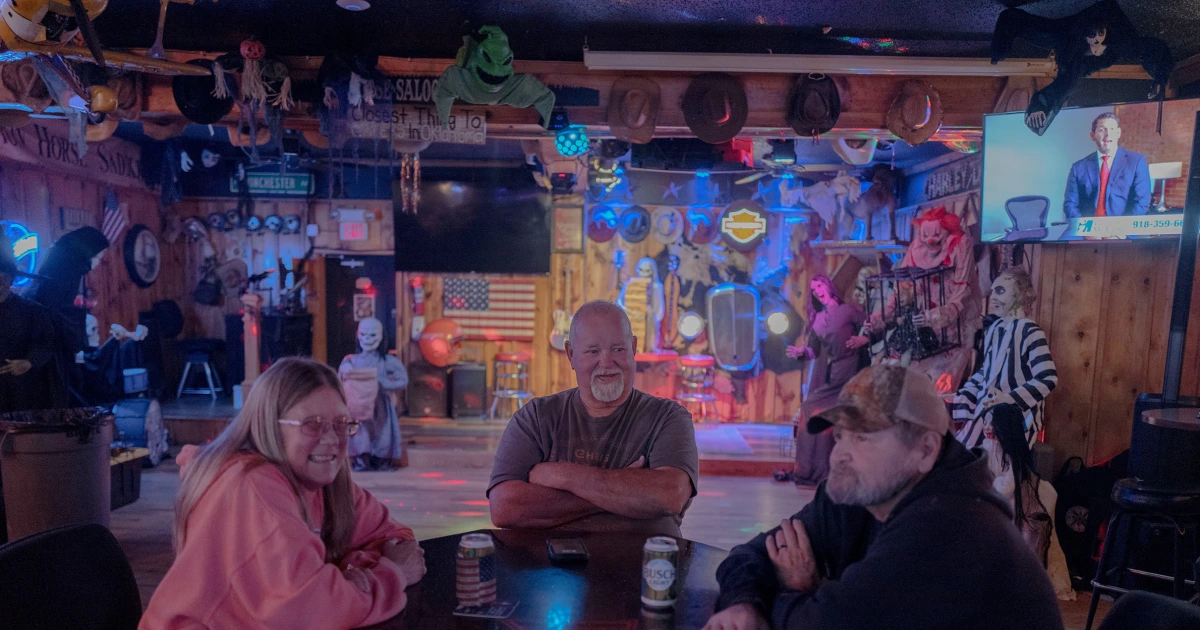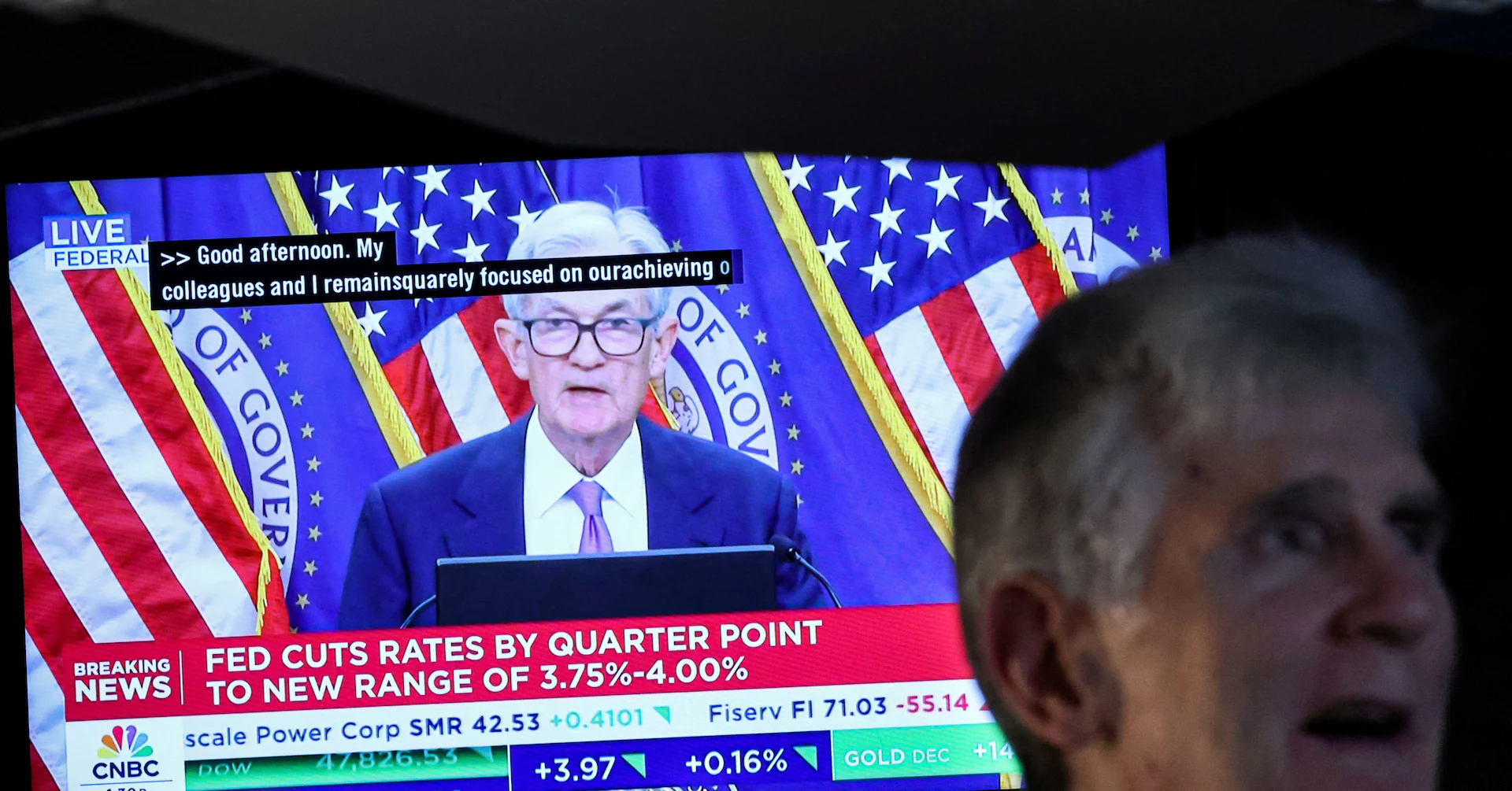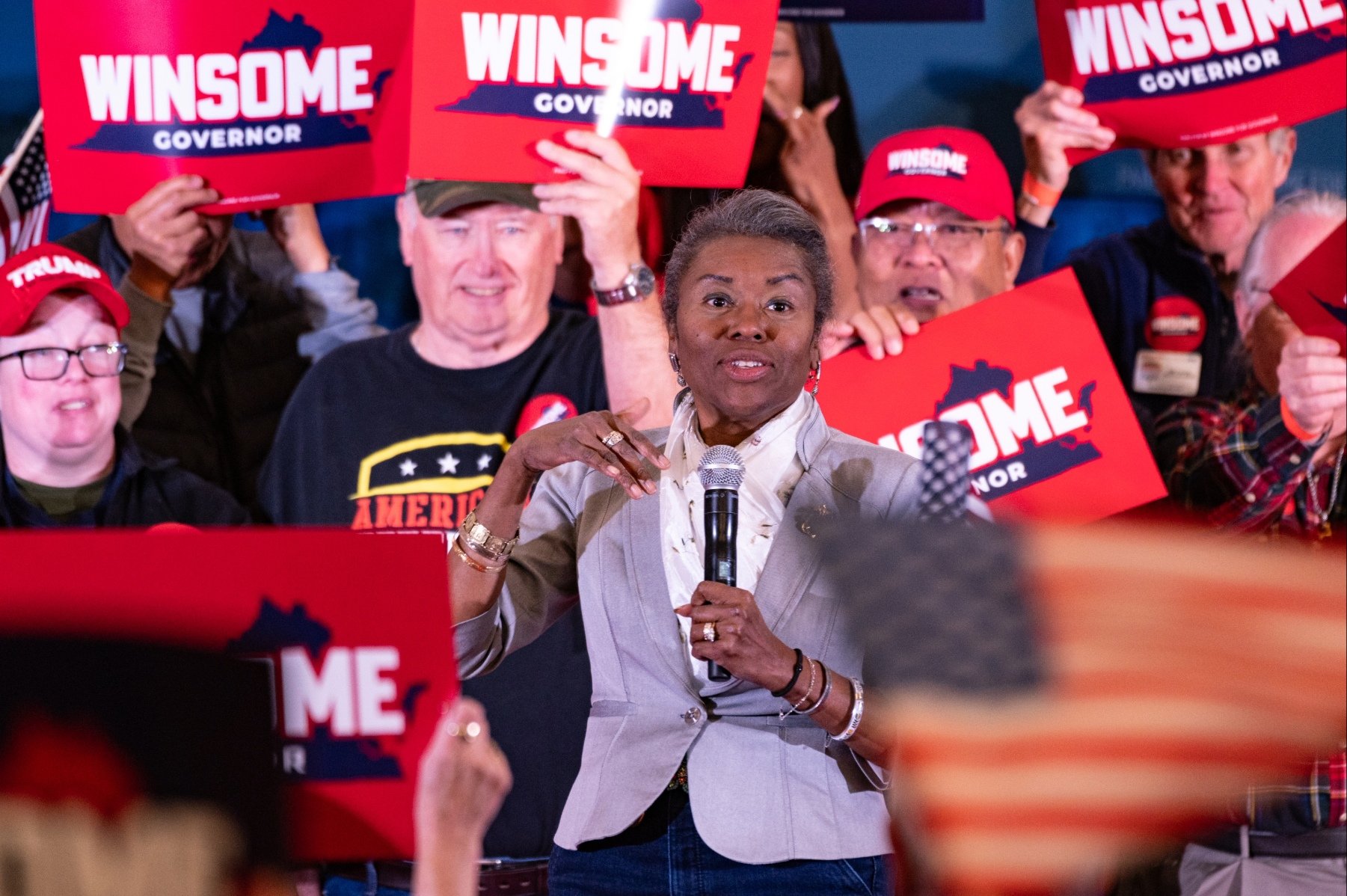Copyright NBC News

OOLOGAH, Okla. — Musician Zach Bryan broke a record for the largest ticketed concert in the U.S. when he drew more than 112,000 fans to Michigan Stadium in September. But here in his hometown of well under 2,000 people, opinions on the country star are divided — particularly after he posted a snippet of a new song this month that seemed to denounce immigration agents busting down someone’s door. In this tiny northeastern Oklahoma town 30 miles north of Tulsa, which voted overwhelmingly for Donald Trump last fall, talk of border control usually comes with nods of agreement, even though more than a dozen people who spoke with NBC News said they had never seen an immigration officer in their midst. The highways stretch out flat, winding around small cattle farms and churches. Many here see themselves as defenders of law and order, and some already soured on Bryan after he criticized police during a 2023 arrest. Others have celebrated him for his giveaways to locals. Now, Bryan’s latest song has stirred debate over how far immigration enforcement should go and who gets caught in its reach, and whether their hometown country star crossed a line by wading into politics. The lyrics on Bryan’s new track, which has not been released in its entirety, include the line, “ICE is gonna come bust down your door / Try to build a house, no one builds no more.” He captioned it on Instagram, “the fading of the red, white and blue.” At the Iron Horse Saloon — a roadhouse on Highway 169 in Oologah that hosted some of Bryan’s first live performances — bar owner Connie Keck said she is reserving judgment until the full song is released, and believes that he’s “using vivid, confrontational imagery” to describe how divided America is right now. “Zach’s just telling a story, and folks around here get that,” Keck said. But bar regular Joe Brewer, 68, had already made up his mind. He condemned Byran’s new song as “bulls---” as he ordered another can of beer. There’s nothing wrong with the Immigration and Customs Enforcement raids happening in other states, he said, “Not a damn thing. They’re doing what they’re supposed to do.” The lyrics surprised many because Bryan — a Navy veteran who quickly rose to become one of the biggest-selling country artists in a few short years — wasn’t known to be a critic of Donald Trump, and the genre is usually associated with conservative ideals. The White House, federal officials, conservative pundits and even some of his fans called the song disrespectful to law enforcement. Bryan has said on social media that when people hear the rest of the song, they “will understand the full context that hits on both sides of the aisle.” His father, Dewayne Bryan, said in a brief phone call that it’s “unfair to do a story based on someone else using their free speech rights,” referring to his son’s song. A representative for Bryan said the singer-songwriter was not available for comment. Shawnie Russell, a 22-year-old waiter at a diner in an adjacent town, said the singer’s ICE lyric hit close to home. Though immigration raids aren’t common where she lives, Russell, who said she was born and raised in the area, said she’s had to run errands for immigrants in her family who won’t leave the house. “They’re scared to do anything, which is honestly tragic,” she said. She was glad one of her favorite country artists was speaking up, and that his words could reach listeners who hadn’t considered the consequences of the immigration crackdown, particularly his many Republican fans. “He kind of opened their eyes a little bit to what they’re actually doing, because it’s not something we should turn our heads from,” Russell said. Her opinion did not seem to represent the majority view in this part of solid-red Oklahoma. Elected officials have welcomed the opportunity to help ICE deport unauthorized immigrants as the Trump administration wages its mass deportation campaign. Last week, Oklahoma’s attorney general joined a coalition of GOP counterparts from 23 states in an amicus brief urging the Supreme Court to allow Trump to declare that the 14th Amendment does not grant citizenship to people born on U.S. soil to noncitizen parents. The humorist Will Rogers, who was born in Oologah before Oklahoma became a state, once said, “In the early days of Indian Territory, where I was born, there was no such things as birth certificates. You being there was certificate enough.” Rogers was Cherokee, and the county is named after his father. A drive through Rogers County will inevitably pass by tributes to Rogers, herds of cattle behind fences and, increasingly, medical cannabis shops. Some bars in the county still allow smoking indoors, and there’s a good chance a given local coffee shop will include Christian iconography in its decor. Many residents favor stricter enforcement of immigration rules but have qualms about the current process. David Chappell, 69, who lives in Talala and said he employs Mexican nationals on visas in his concrete and mini-storage businesses, wants immigration rules followed, but he said the system is too rigid and arbitrary to keep reliable workers. Many of his employees have to return home for months at a time while they wait to renew their paperwork, leaving him conflicted as a Republican voter, he said. “Am I going to get them back now, with all this crap that’s going on?” he said after finishing a lunch of two Coney dogs in Claremore. “I mean, now everything you’ve got is in jeopardy. Do I think they all need to be here? No. But how do you decide who comes and who doesn’t? How do they do that?” He added: “I don’t know what I think.” Rogers County Sheriff Scott Walton said immigration hasn’t been a big issue locally. He’d be glad to provide ICE with space in his jail, but federal authorities haven’t asked him for help. Walton, a Republican who seemed to know someone everywhere he goes, said he’d prefer the government focus more on deporting undocumented immigrants sitting in jails and prisons than on work-site and street pickups. “Let’s start enforcing what needs to be enforced,” he said. “But at the same time, if it’s just a numbers game — ‘Let’s go run through and grab a bunch of people so it looks like we’re doing something’ — I’m not in for that.” At a shop selling knickknacks, pickles, lotion and other sundries in downtown Claremore, blocks away from Walton’s office, store clerk Devana Rowe, 23, said the argument in favor of deporting people strikes her, as a Cherokee, as a repeat of arguments used against Native Americans in centuries past. She believes a lot of the support for tougher immigration policies in the county stems from a lack of interaction with migrants, which she had more experience with when growing up in Tulsa. “These people are real humans,” Rowe said, “and the only difference is that we have global luck — like we were just lucky to be born here, and that’s it.”



